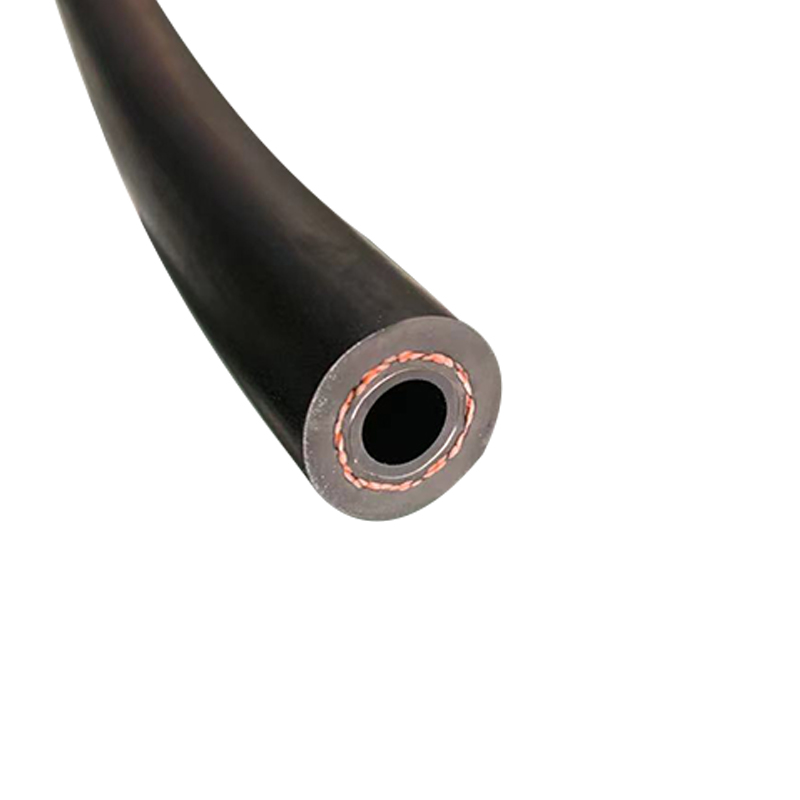alcohol fuel line
Novemba . 22, 2024 09:25 Back to list
alcohol fuel line
The Importance of Alcohol Fuel Lines in Automotive Applications
In the quest for sustainable energy solutions, one area that has gained significant attention is the use of alcohol as a fuel source in automotive applications. Ethanol and methanol, the most common forms of alcohol used in fuel, offer a renewable alternative to traditional petroleum-based fuels. However, the utilization of alcohol as a fuel demands careful consideration of several factors, particularly regarding the components of the vehicle's fuel system, including the fuel lines. This article will explore the critical role of alcohol fuel lines, the materials used in their construction, and the challenges they face in the context of alcohol-based fuels.
Understanding Alcohol as a Fuel Source
Alcohol fuels, primarily ethanol and methanol, are derived from renewable sources such as corn, sugarcane, and various biomass materials. When mixed with gasoline, they can reduce overall greenhouse gas emissions, making them an appealing choice for environmentally conscious consumers and regulatory bodies. However, the physical and chemical properties of alcohol fuels differ from those of conventional gasoline, necessitating specialized components within a vehicle's fuel system.
The Function of Fuel Lines
Fuel lines play a vital role in transporting fuel from the tank to the engine. They must be capable of withstanding various conditions, including temperature fluctuations, pressure changes, and exposure to chemical agents. For alcohol-based fuels, the fuel lines need to not only accommodate the fuel's delivery but also resist degradation caused by the corrosive nature of alcohol.
Materials Used in Alcohol Fuel Lines
When it comes to alcohol fuel lines, versatility and durability are paramount. Traditional rubber fuel lines may not suffice, as alcohol fuels can cause them to swell, crack, or degrade, leading to potential leaks and failures. As a result, manufacturers often opt for alternative materials that can withstand the unique challenges posed by alcohol-based fuels.
1. Fluoropolymer and PTFE Fluoropolymer and polytetrafluoroethylene (PTFE) are commonly used materials in alcohol fuel lines due to their excellent resistance to a wide range of chemicals, including alcohol. They offer low friction properties and can handle high temperatures without degrading.
alcohol fuel line

2. Nitrile Rubber (NBR) Nitrile rubber, when formulated specifically for alcohol compatibility, can offer reasonable resistance to both ethanol and methanol. It is critical to choose the right blend that balances flexibility, strength, and chemical resistance.
3. Thermoplastic Elastomers (TPE) TPEs have emerged as a viable alternative for fuel line applications. They offer the benefits of rubber combined with the processability of plastics, providing excellent chemical resistance and durability.
Challenges and Considerations
While the development of alcohol fuel lines using advanced materials has been a significant step forward, there still exist challenges that manufacturers and automotive engineers must address
- Compatibility and Standards Different types of alcohol fuels can behave differently, necessitating comprehensive testing and standardization for fuel line materials.
- Cost Newer materials, such as fluoropolymers, can be more expensive to produce than traditional rubber lines. This increased cost can impact overall vehicle pricing and accessibility.
- Environmental Conditions In addition to chemical resistance, fuel lines must withstand environmental conditions such as UV exposure, temperature extremes, and pressure variations. These conditions can affect the longevity and reliability of the fuel lines.
Conclusion
As the automotive industry continues to embrace alcohol-based fuels as a sustainable alternative, the importance of high-quality alcohol fuel lines cannot be overstated. These lines not only play a crucial role in the efficient delivery of fuel but are also integral to the vehicle's overall safety and performance. By investing in advanced materials and rigorously testing fuel line systems, manufacturers can ensure that vehicles are ready to meet the challenges of a changing energy landscape. The future of automotive fuel systems lies in the ability to adapt to new fuels, and with robust and reliable alcohol fuel line solutions, we can move closer to a greener and more sustainable transportation system.
